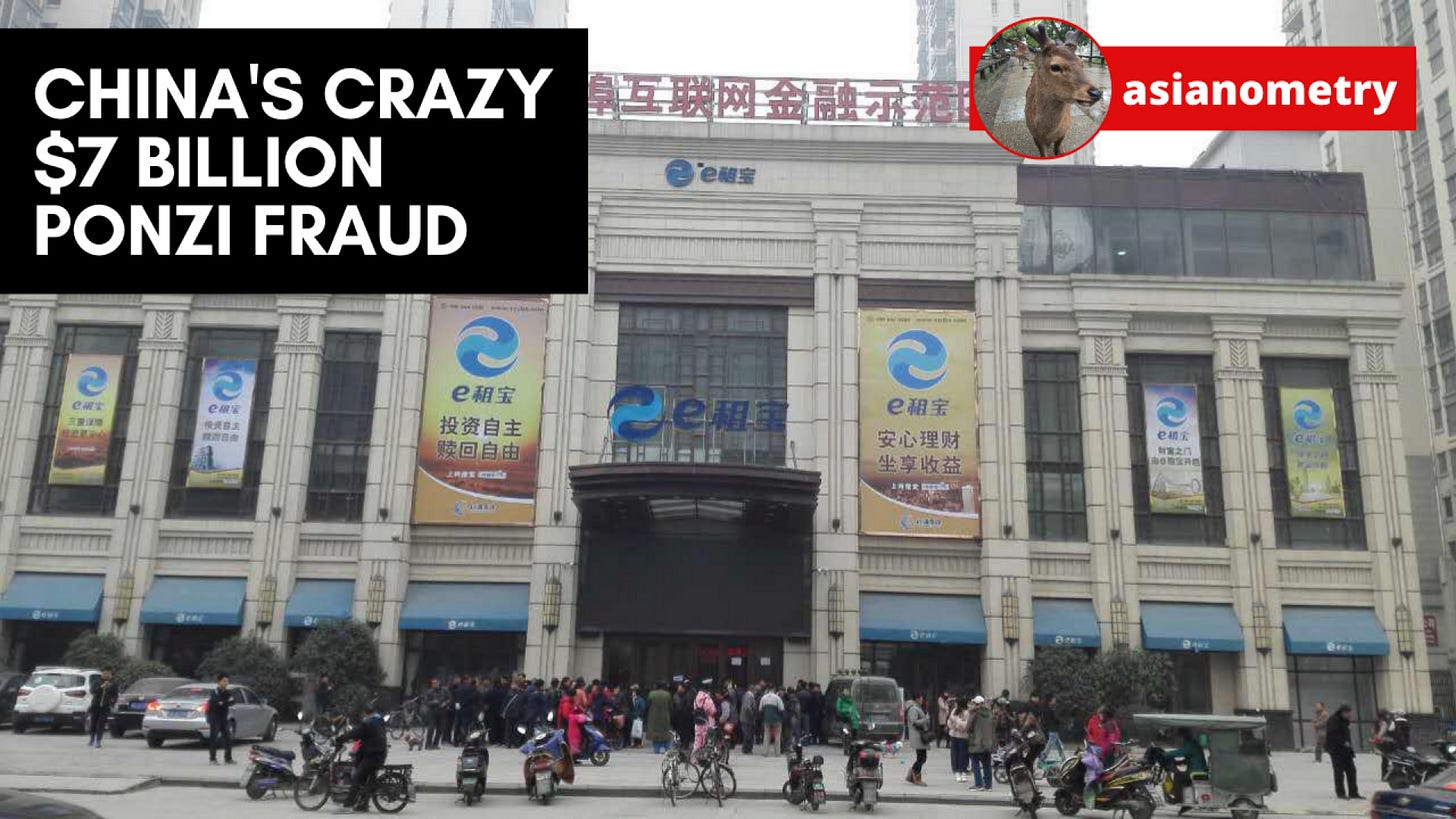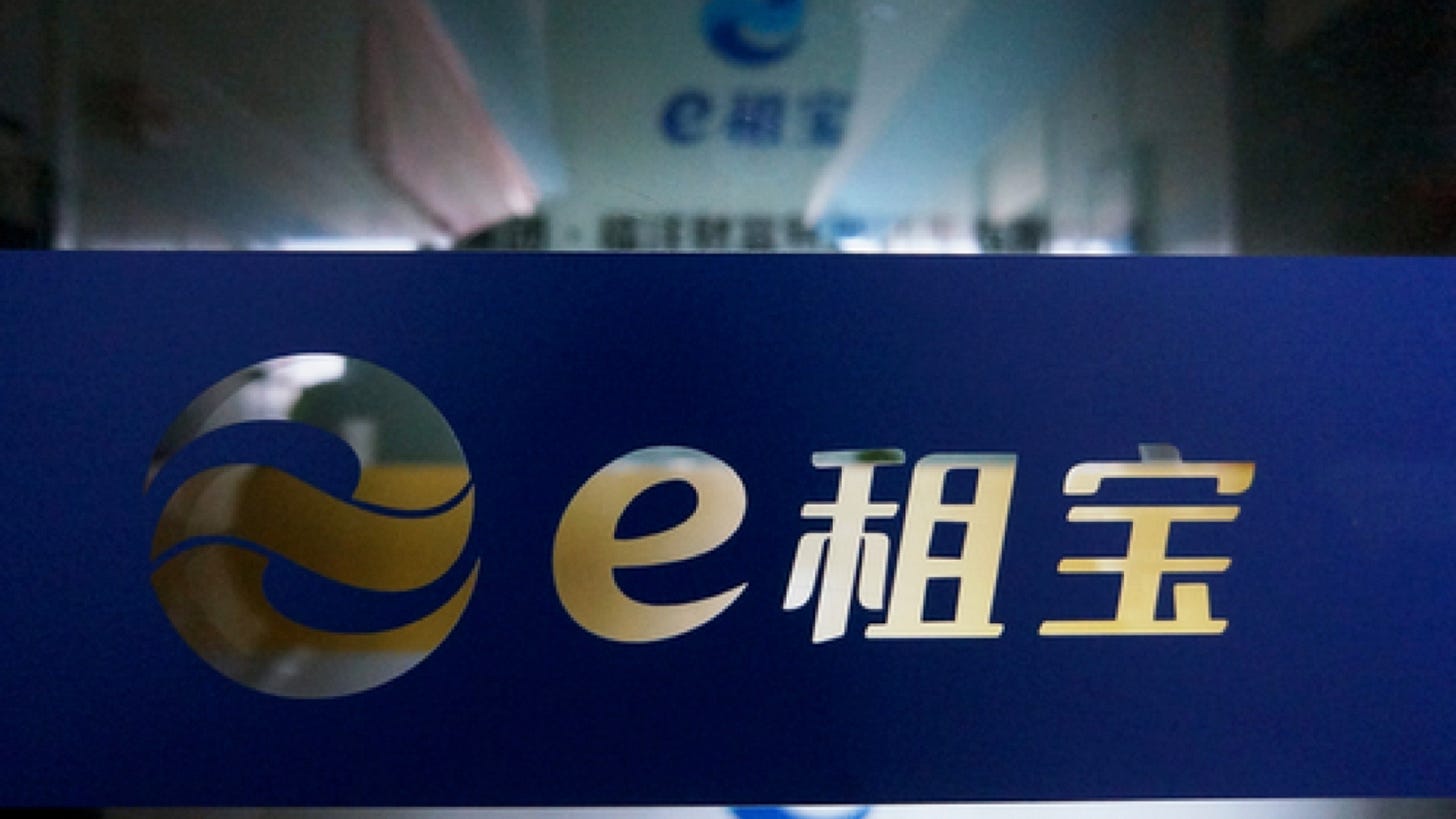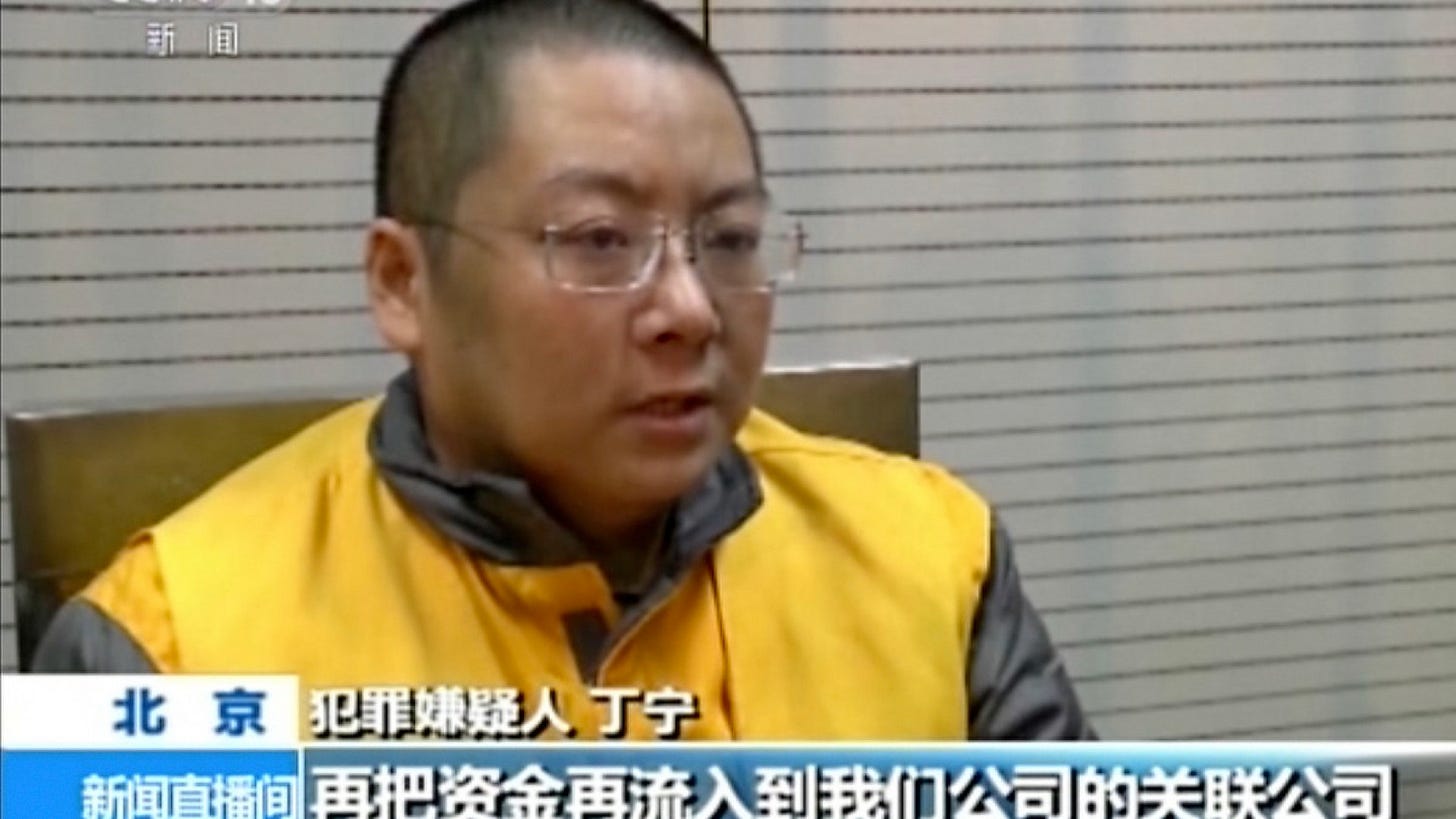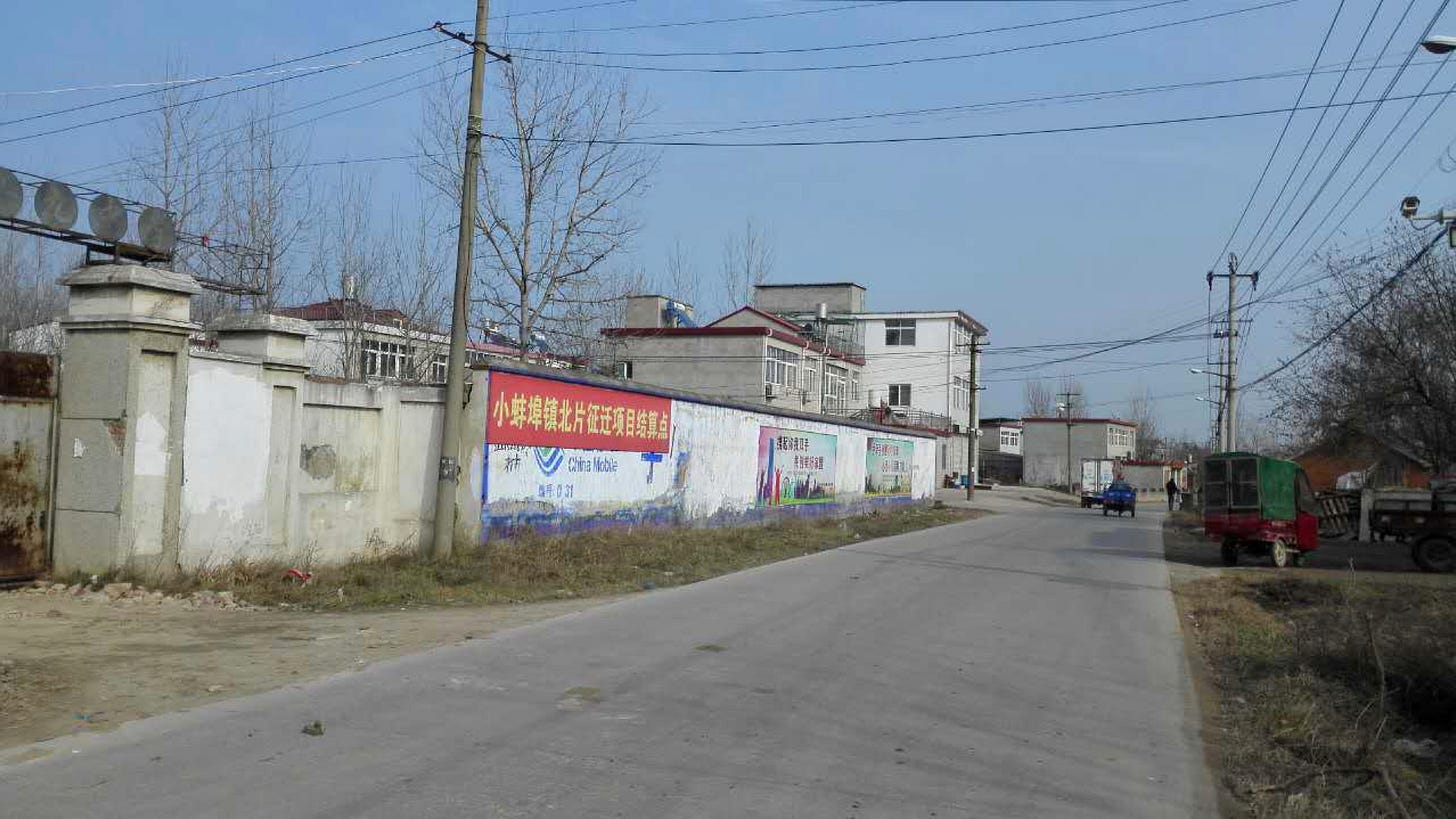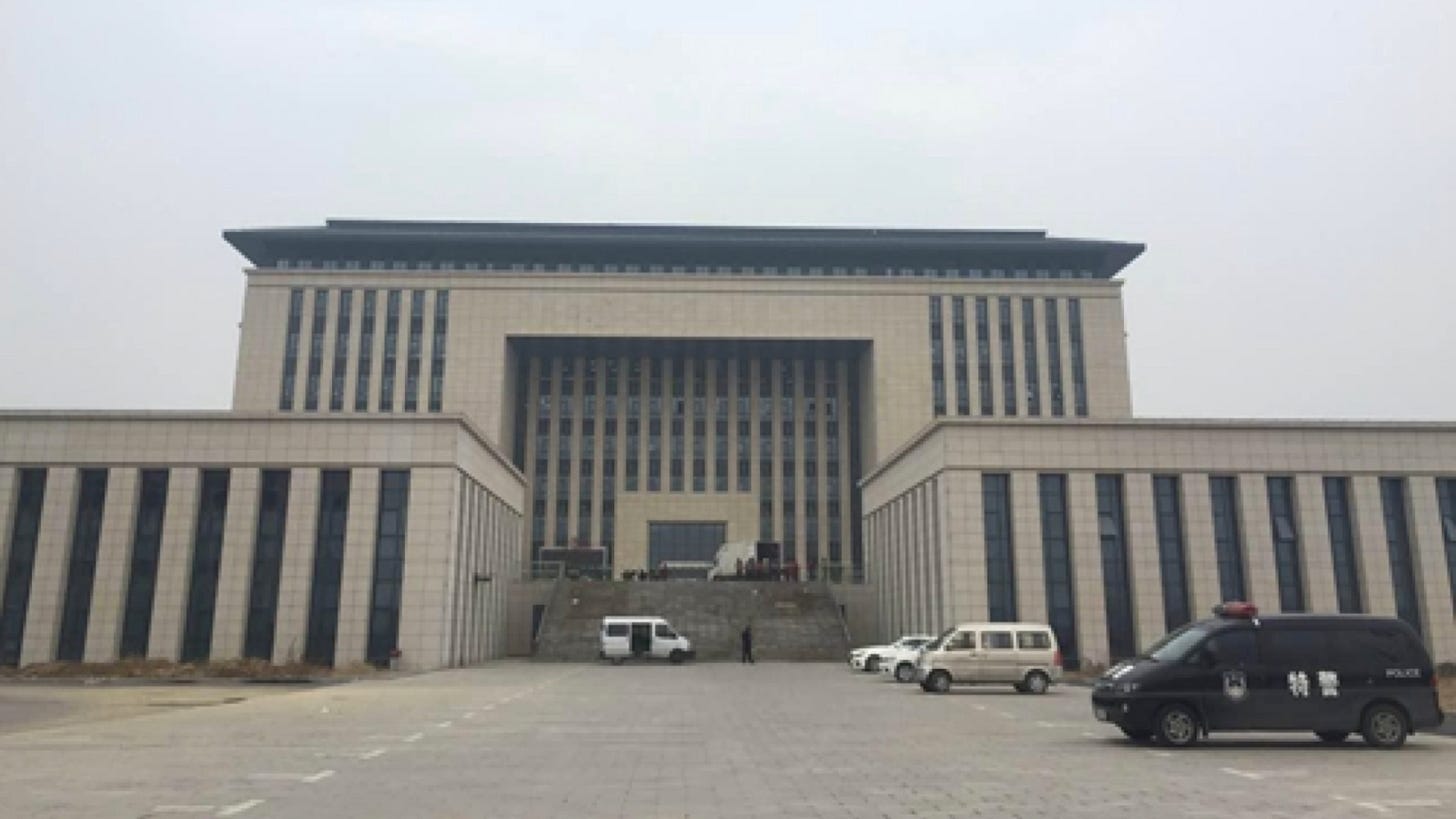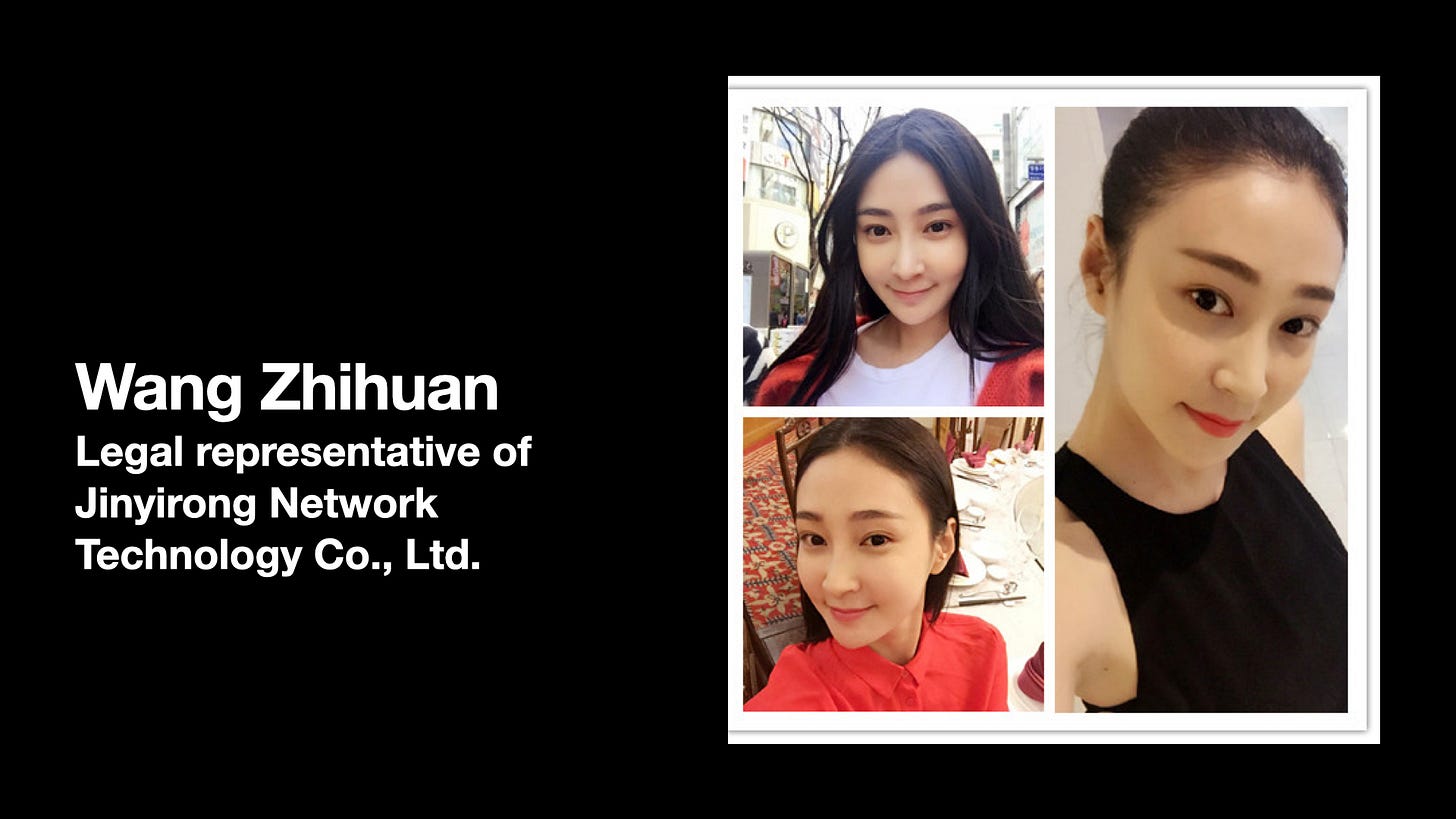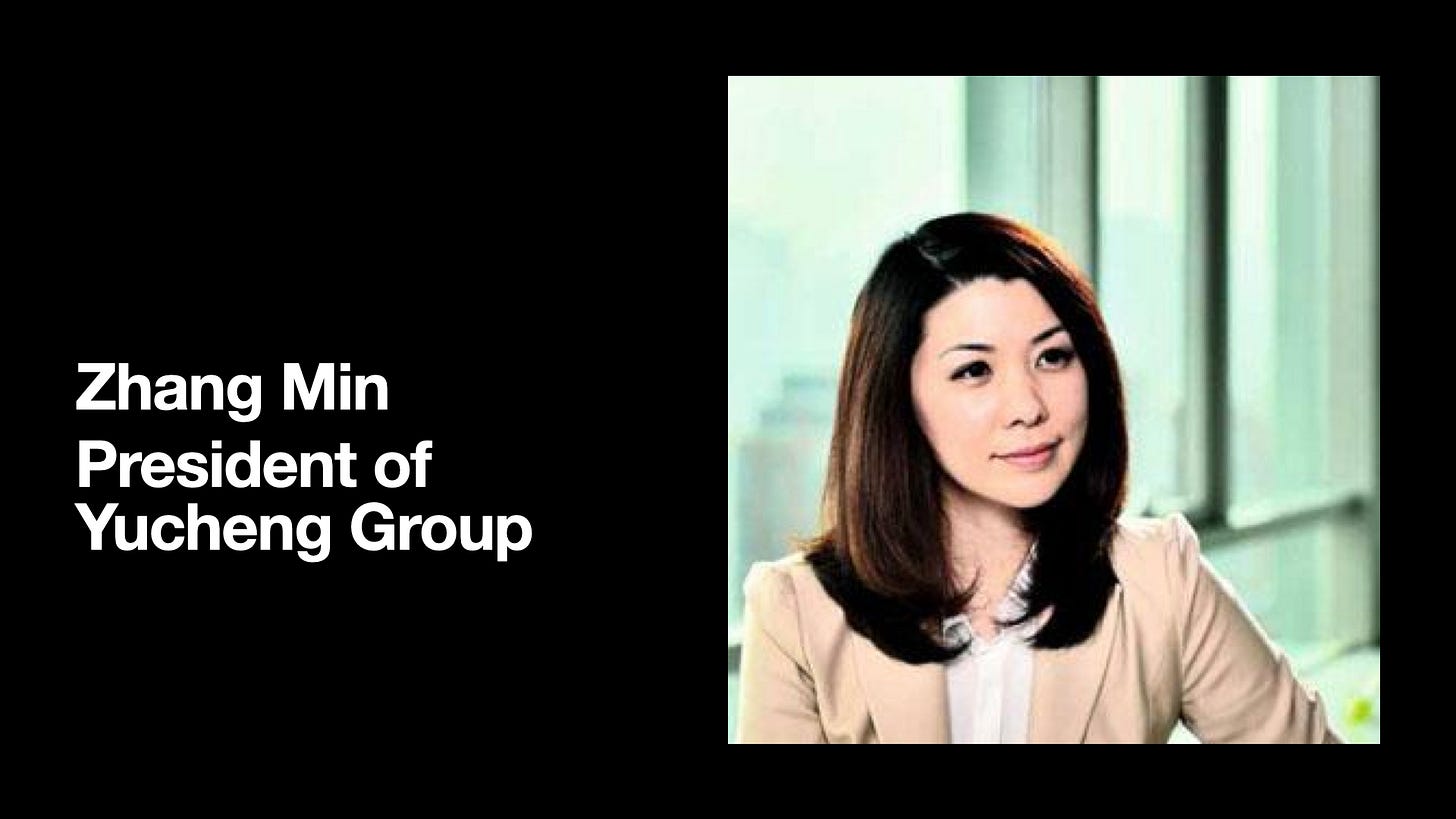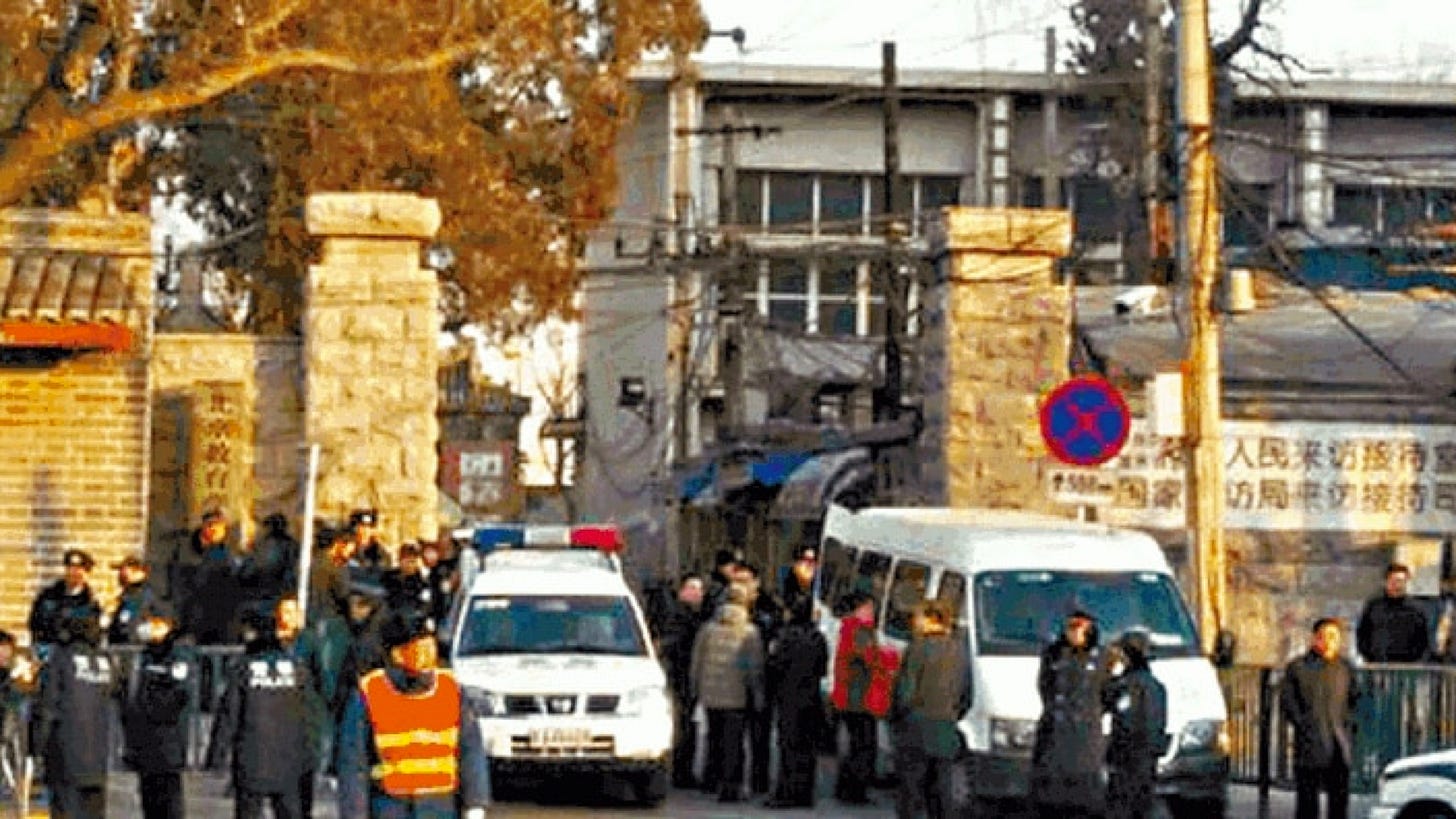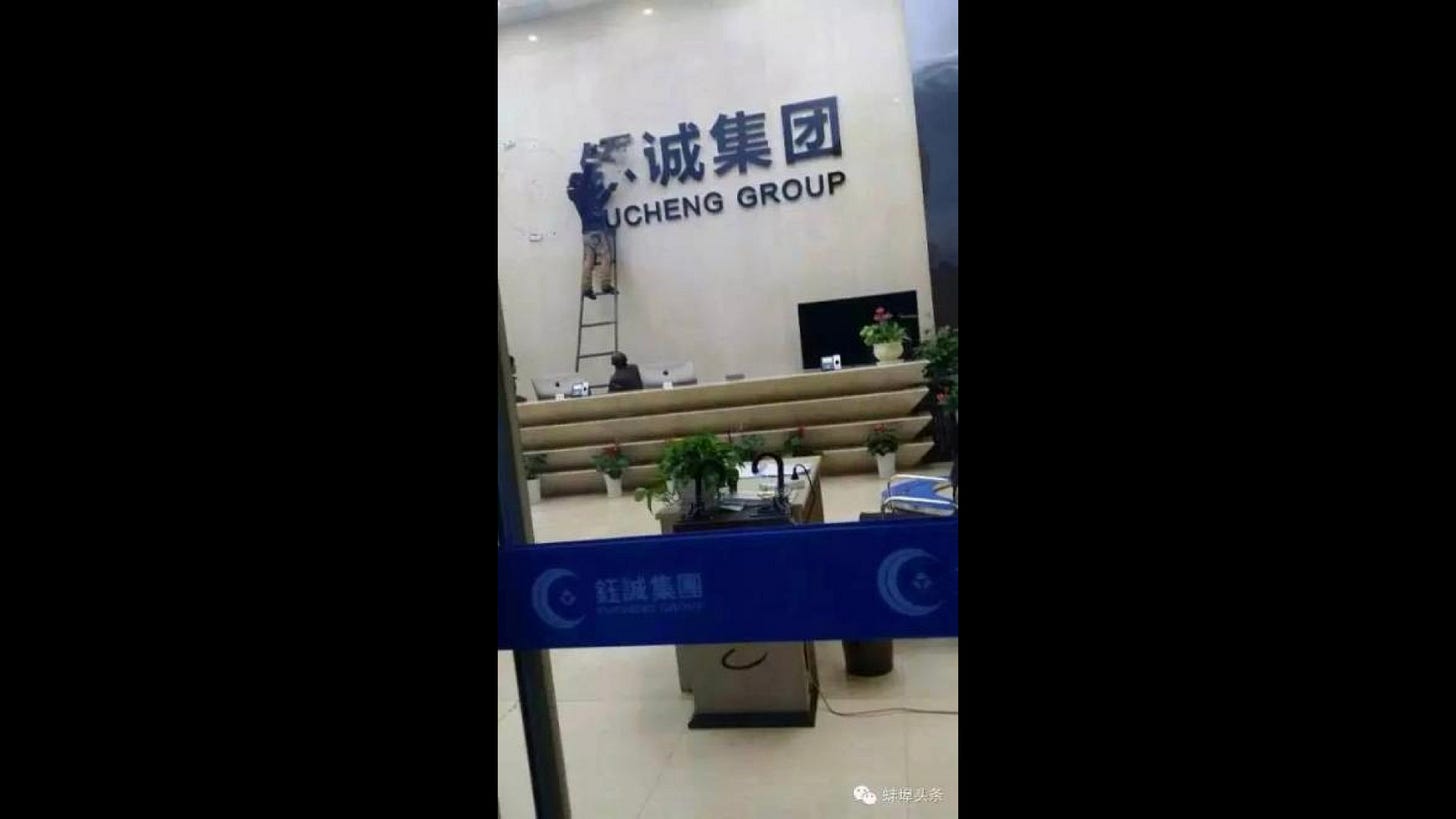China's Crazy $7 Billion Ponzi Fintech Fraud
You can watch the video below
I think the Chinese government learned a lot from this particular Ponzi. Some Ponzis try to go about slowly, quietly through the system. Think Bernard Madoff. This one heated up and blew up fast. I feel like they never even tried to figure out how to transition themselves into a healthy company.
The speed with which this company grew and blew up appears to be one of the reasons cited by the Chinese government for its regulation of Ant Group. The Ezubao blow-up directly tied financial fallout from fintech regulatory failure to social unrest and protest. This is the Chinese government’s greatest fear.
Late October 2020, a pseudonymous op-ed came out in official state-owned channels, pointing out that if a company is involved in a business that does bank-like things (i.e. taking deposits and making loans), then it should be regulated as a bank. Ezubao, the P2P lenders, and Ant Group might all dress themselves up as revolutionary tech companies paving their way towards a brand new paradigm of finance. But China’s financial regulators are not buying it. At heart of it, they appear to be as vanilla and by-the-book as any other bank in the world.
I got a Patreon now. Nowadays I prepare videos for release way ahead of schedule. Patreons subscribers can see all those videos right when I upload them. Your pledges also help pay for all the coffee I buy at cafes around Taipei. Check it out.
Ponzi schemes and financial frauds have been around for time immemorial. They are everywhere.
In today's video, I want to talk about a particularly big one in the People's Republic of China - Ezubao. It took advantage of the growing person to person financial lending trend (P2P) to generate illegal gains for the organizers. It exploded onto the scene in 2014 and quickly gathered $7.6 billion in funds. It told its victims that the money would be going to reputable borrowers. Instead, it went into their pockets.
In 2015, less than two years after Ezubao's big debut, the scheme collapsed and 900,000 "investors" lost the ability to access their money. People got arrested. Social unrest happened.
The founders of Ezubao had taken lenders' money and gone on a spending spree so wild it basically got the industry banned by the government.
The P2P World
The Chinese economy - its small businesses in particular - suffers from a shortage of capital. The banking system controls some 75% of the financial transactions in the country. On the whole, these commercial banks stick to higher value, low risk clients like state owned companies.
The result is that small to medium businesses (SMEs) and startups are starved for a lack of capital. Despite employing the vast majority of the population and generating the majority of economic output, these companies receive less than a third of all bank credits. P2P lending platforms have arisen to fill this market need.
P2P lending platforms help facilitate direct loans between lenders and borrowers. The borrowers pick which projects and companies that they want to fund. The platform facilitates a transaction, and takes a cut as a result.
P2P lending platforms are not new. They exist in the US and the UK. Lending Club for example in the US. Success factors in this type of business involve maintaining the platform's consumer trust, assuring absolute transparency of the whole matter and keeping as a neutral, mutually trusted party between lender and borrower.
Ezubao, of course, did not do any of that.
Ezubao
In 2014, a man named Ding Ning, an entrepreneur from the Anhui province, registered a Chinese company called Jinyirong Network Technology with some $15 million USD in starting capital.
It began operating a P2P lending platform called Ezubao.
As was standard practice for most companies with big ambitions, Jinyirong was in turn owned by a foreign shell corporation domiciled in the British Virgin Islands - Yucheng Group. This is generally done by Chinese companies looking to go public.
Yucheng Group also founded a hodgepodge of affiliates. They had many different names - Zhima Finance, Yushen Finance and Yinuo Fortune - but they all seemed to serve one purpose: To resell Ezubao products on an agency basis.
Who was Ding Ning?
Just 33 years old at the time of Ezubao's founding, he grew up in Bengbu City in Anhui. Over a million people live in Bengbu, but most have never heard of it. He has a younger brother and a couple half siblings.
His parents founded a small but successful factory making lead seals and metal fittings for railway construction and shipping containers. It grew to employ over a hundred people. Business was on the decline - 2014 profit was just $43,000 - but it made enough.
Ding Ning was described by neighbors as a "dull" guy with an average intellectual and emotional intelligence. He had no interest in growing an industrial business, especially one that made lead seals.
Instead, he sought ways to become rich. He looked for his fortune in the world of finance, declaring: "Only doing finance is the highest state of being an industrial entity." He joined with his Australian-educated cousin and began exploring the world of internet finance.
The "Product"
Ezubao mostly operated in the Shanghai Free Trade Zone, where regulations were weaker.
The minimum amount you needed to invest in any of Ezubao's six financial products was 1 RMB. The annual return rates were advertised to range from 9-15%. Supposedly, the holding periods were 3 months, 6 months, and 12 months. And investors could withdraw the funds just 2 or 10 days after sending notice. That's crazy.
If it wasn't for the fact that they weren't real, these loans would be amazing investments. Amazingly enough, Ezubao advertised in plain sight on government owned TV networks like China Central Television and on high speed rails. People watching those ads thought that Ezubao had the stamp of government approval - which it didn't.
Quickly, the company began to attract "investors" - piling up $7.6 billion from 909,000 individual investors. At its peak, Ezubao represented 5% of the entire P2P lending industry - good for fourth place in market share. They did all of this in just one and a half years.
Money down the drain
These investors were putting money into the Ezubao P2P lending platform because they thought the money would be then lent to reputable borrowers. The reality was that they were getting paid out from subsequent lenders.
Little lending actually happened at Ezubao. Just one out of the 207 listed companies on the platform received any money at all. The rest were just fictions.
Ezubao's holding company Yucheng Group supposedly occupied a lavish 10,000 square meter office building on Beijing's Third Ring Road. The annual rent for this building alone was estimated to cost $52 million a year.
Even were it not for this astounding rent, Yucheng would already be bleeding out a fortune in advertising even if it had been a legit business. Their CCTV ads cost $3.6 million a month, by themselves.
Furthermore, the company paid immense salaries to a lot of unqualified people - over $100 million a year. Take for example, Ding Dian - a younger brother of Yucheng Group founder Ding Ning, joined Yucheng Group with a monthly salary of $146,000. Yes, monthly. Before then, he made a monthly salary of $2,600.
Virtually all of the company's high-level employees had little to no actual experience in investment or financial management.
Most of them seemed to have been beautiful women, hired from high-end dating circles (dating services connecting rich guys with beautiful women).
And all of this is just counting for "legitimate" company expenses. Ding Ning used the money to fund an extravagant private life. He had "close" relationships with all the high level female executives (who as you recall, tended to be beautiful women), and freely gave them gifts.
One of those women, Zhang Min, is purported to have received from him a $1.5 million pink diamond and a $20 million Singaporean villa. He also gifted her $80 million USD in cash bonuses.
The total value of those gifts is estimated to be around $150-230 million. All of it was paid for with funds garnished from the investments of its unwitting victims.
The Fall
In December 2015, less than two years after the company's founding, reports came filing in that Ezubao was being investigated for financial crimes.
A few days later, the police arrested Ding Ning and other major executives. The company's website was shut down - freezing everyone out of withdrawals and thus, their money.
Ezubao had defrauded investors all across China. As investigators closed in, company officials packed over 1,200 volumes of company records into over 80 nylon bags and buried them six meters underground outside of Hefei City in Anhui. The Chinese police had to bring in construction equipment to recover it.
Many people lost money - and the public rose up in fury. A hundred thousand was said to have marched to Beijing to petition the anti-corruption bureau, the Central Commission for Discipline Inspection, for justice and their money back. Such a thing - and in Beijing of all places - is, of course, extremely verboten. It got people's attention.
In August 2016, police prosecuted nine suspects for financial and fundraising fraud, including the aforementioned Ding Ning and Zhang Min. Ding was sentenced to lifetime imprisonment and a $10 million USD fine for his crimes while his accomplices received 5-15 year imprisonment sentences.
It would take over nearly 5 years for any money to be returned to the original investors. When it finally came back, they had lost some 65-80% of what they put in.
As Ezubao grew and exploded onto the scene, more than a few people thought that the goods they offered were too good to be true. More than a few invested because of that. They probably knew that it was likely all a financial fraud - but wanted to get in while the getting was good. They got caught in the bear trap before they could take out their hands.
The Fallout
Regardless, the damage that these online scams do to society are incalculable. These were people's life savings. And of course, the scandal disturbed the peace in a way the government can never accept. Xi Jinping would call out the Ezubao scandal by name in an April 2016 speech to the CCDI:
The [Ezubao case] that occurred some time ago illegally raised funds under the banner of "Internet finance", causing serious property losses to the people concerned, and the social impact was very bad. Nowadays, there are more and more cases of online fraud, with a new modus operandi and using more advanced technology ...
Beyond the collapse of the Ezubao financial scheme, regulators started to see more red flags. 51 Credit Card for example hired debt collectors who was cited for employing intimidating and harassing tactics.
The government had finally seen enough. In November 2019, regulations were passed that required all P2P lenders to convert into being regular small loan providers within two years.
But by now, the Chinese P2P industry has collapsed into a shell of its former self. Lufax, once the biggest in the industry and backed by insurance giant Ping An, exited the market. Less than 500 firms now existed in the market - which once measured over 6,000.
Liked what you read? Share the newsletter with a friend


